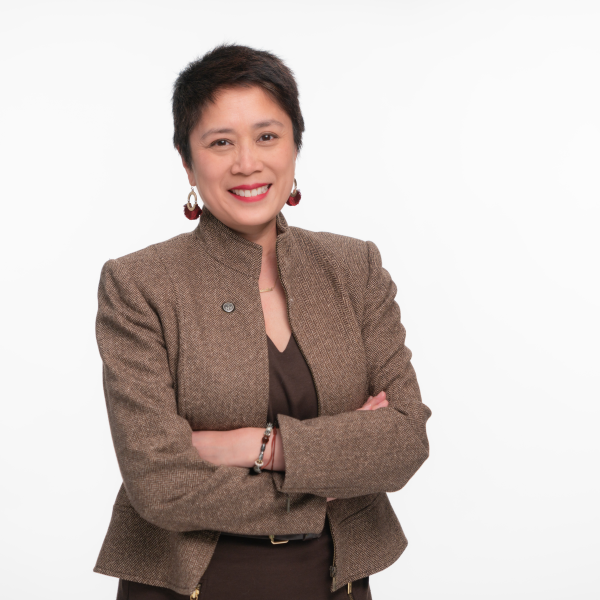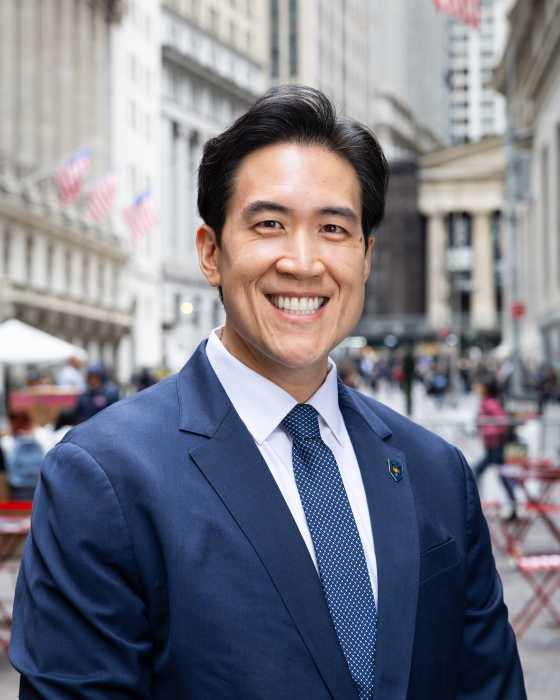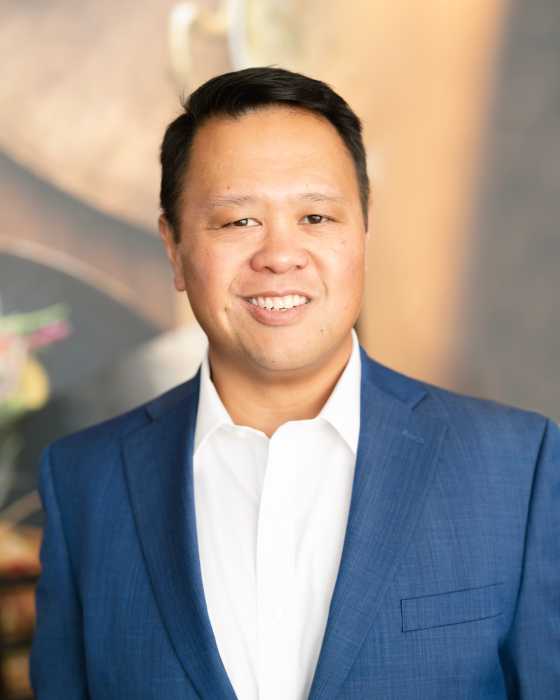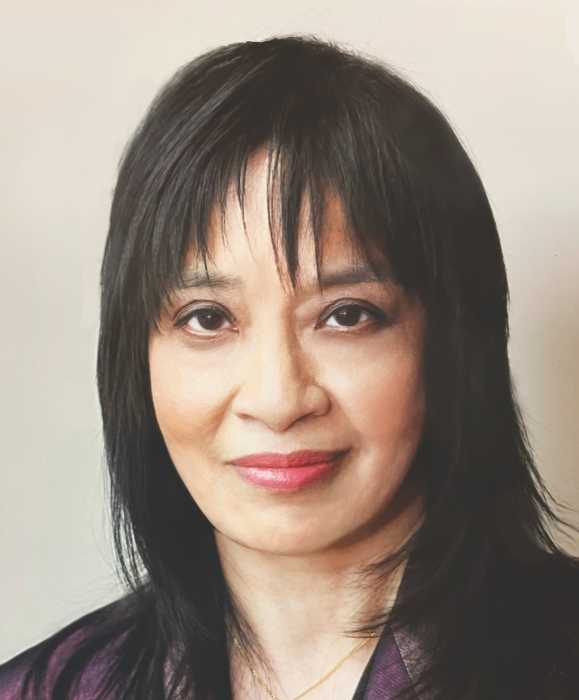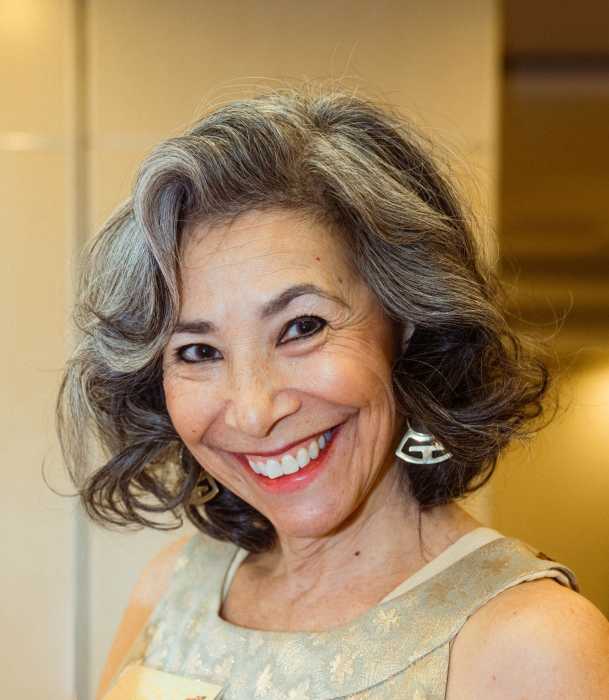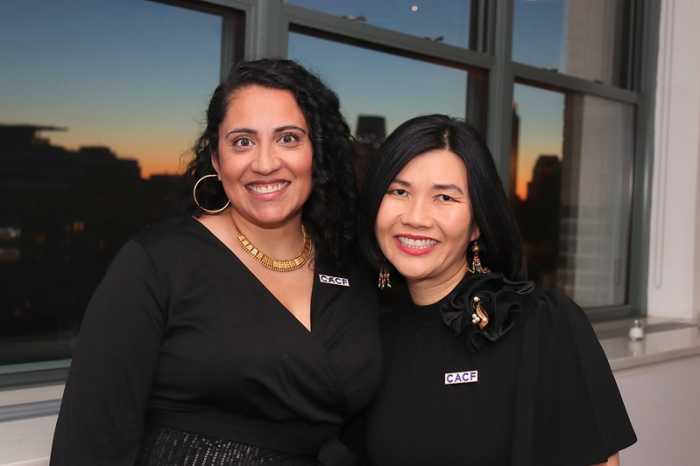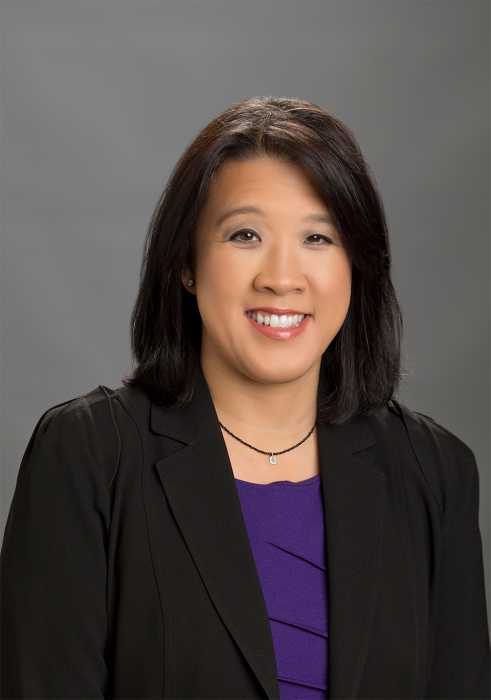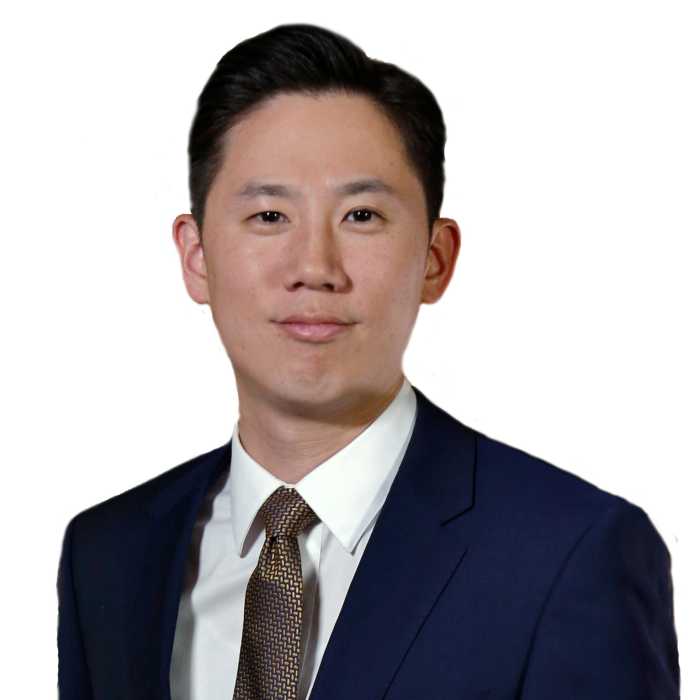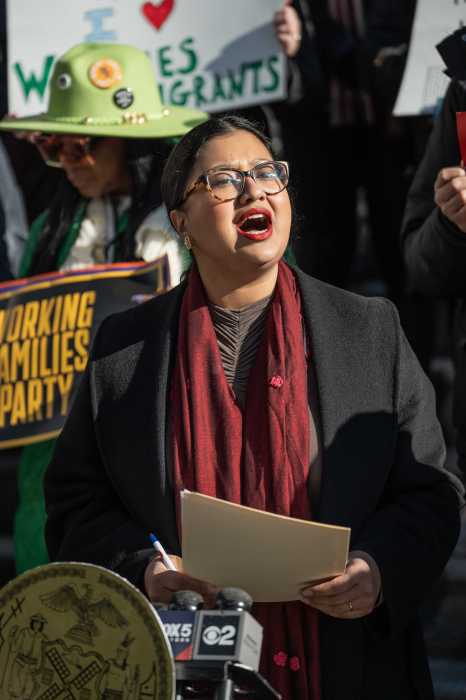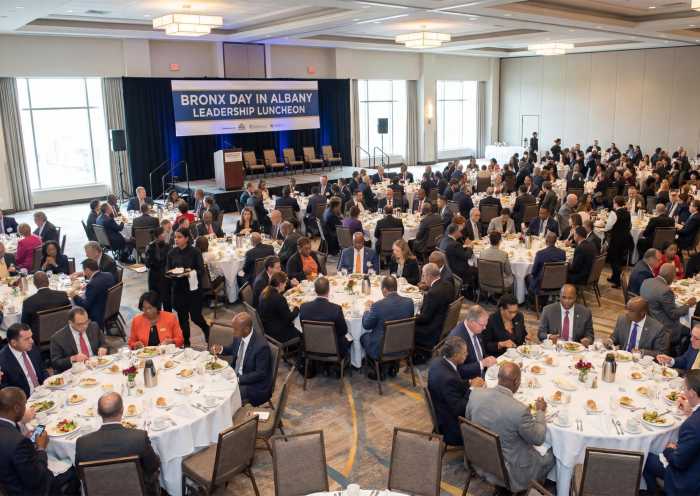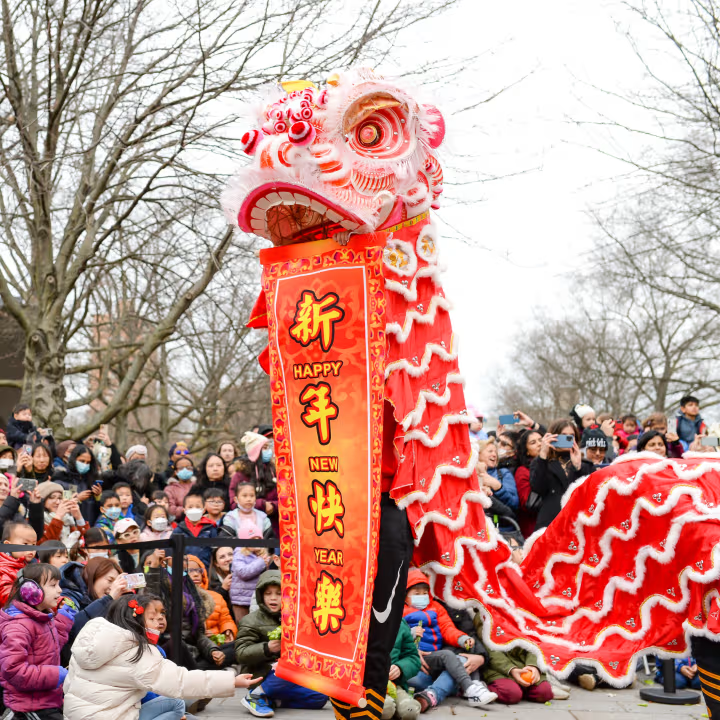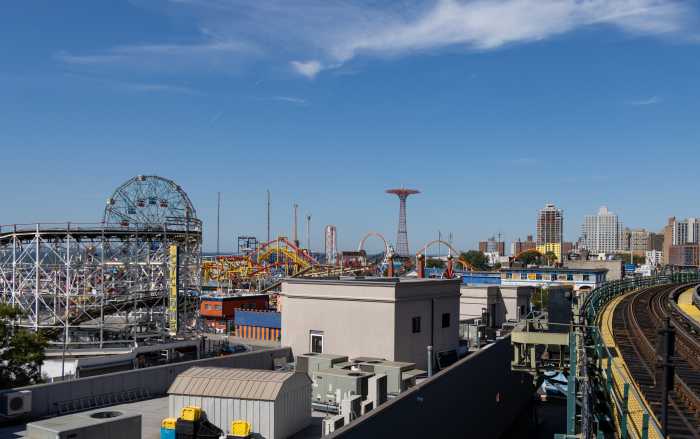As senior policy advisor at the NYC Department of Cultural Affairs, Anne del Castillo is guiding the City’s “Culture at Risk” initiative to safeguard NYC’s cultural and creative infrastructure. Previously, del Castillo served as commissioner of the Mayor’s Office of Media and Entertainment and led the recovery of NYC’s $150 billion creative and nighttime economy through the pandemic. A native New Yorker of Filipino heritage, she completed her education at Boston University and Brooklyn Law School.
If you could give your younger-self advice, what would it be?
Be kind to yourself and be mindful of the journey.
Do you have any event/movie/music suggestions for our readers to check out in celebration of AAPI Heritage Month?
As home to the second largest AAPI community in the country, NYC offers plenty of opportunities to celebrate AAPI Heritage Month. From the CrossCurrent AAPI Arts Festival at Flushing Town Hall, to Brooklyn Museum’s First Saturday featuring artists, poets, and musicians from the Asian diaspora, to screenings of short films by Think!Chinatown at the Chinatown Storytelling Festival – these are just a few of the many diverse cultural events the City is proud to support.
How has your heritage shaped the person you are today?
Growing up as a first-generation Asian American, I did not see myself or others like me represented in mainstream culture or the public square. That experience has informed my work to cultivate spaces that value and promote diversity, equity, and inclusion in the broadest sense, particularly in the cultural and creative sectors, which shape our perspectives, foster the exchange of cultures and ideas, and build community connections.
What can New York policymakers do to support the AAPI-community in the short-term? In the long-term?
We need to recognize that the AAPI community is not a monolith but a community rich in diversity – more than 20 different ethnic groups that speak over 50 different languages. Additionally, the “model minority” stereotype obscures the wide-ranging disparities in socio-economic status among Asian Americans. We need more representation across the board and at every level to inform policy-making and invest in programs that combat harmful stereotypes and provide critical resources to organizations supporting AAPI communities.


